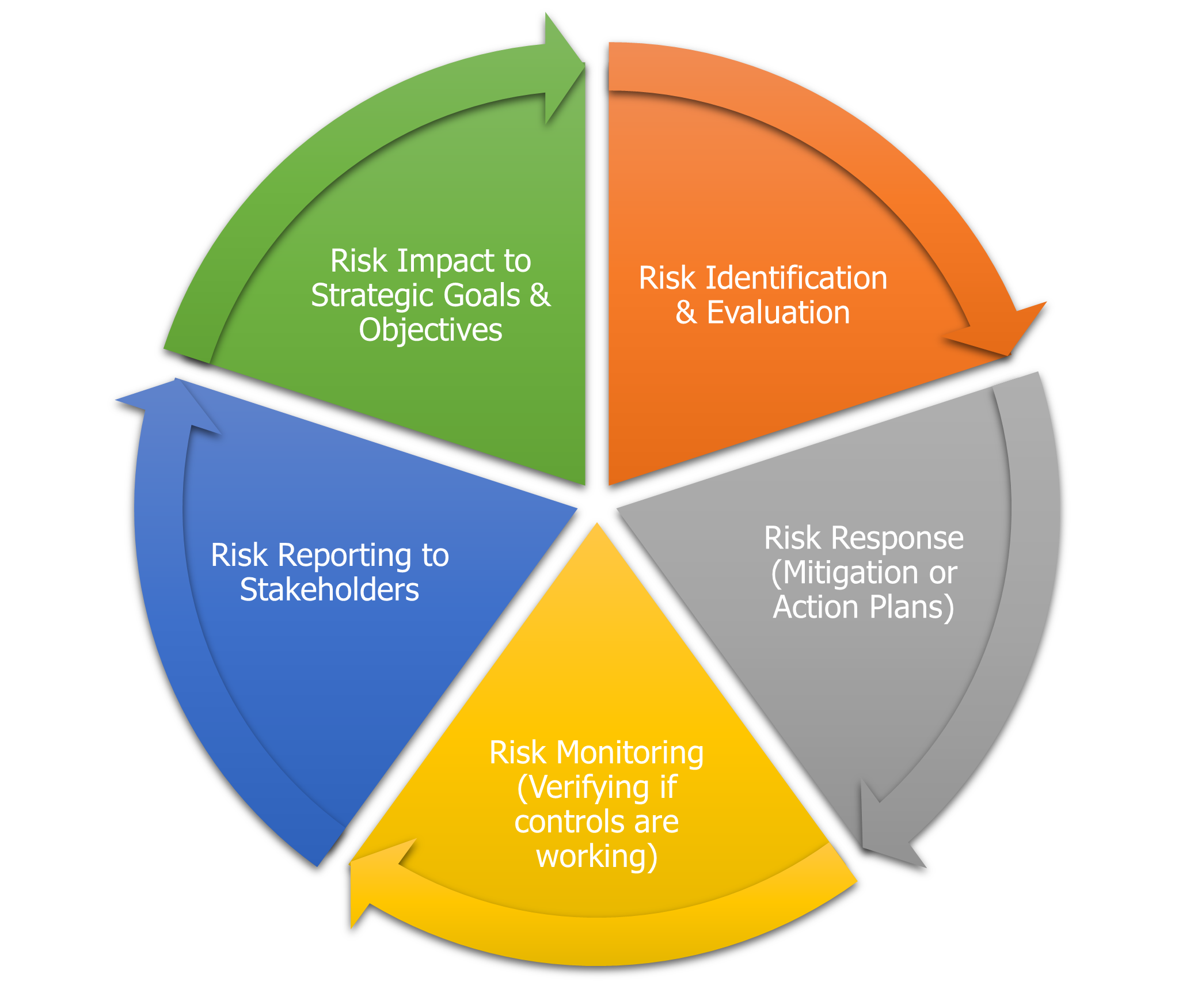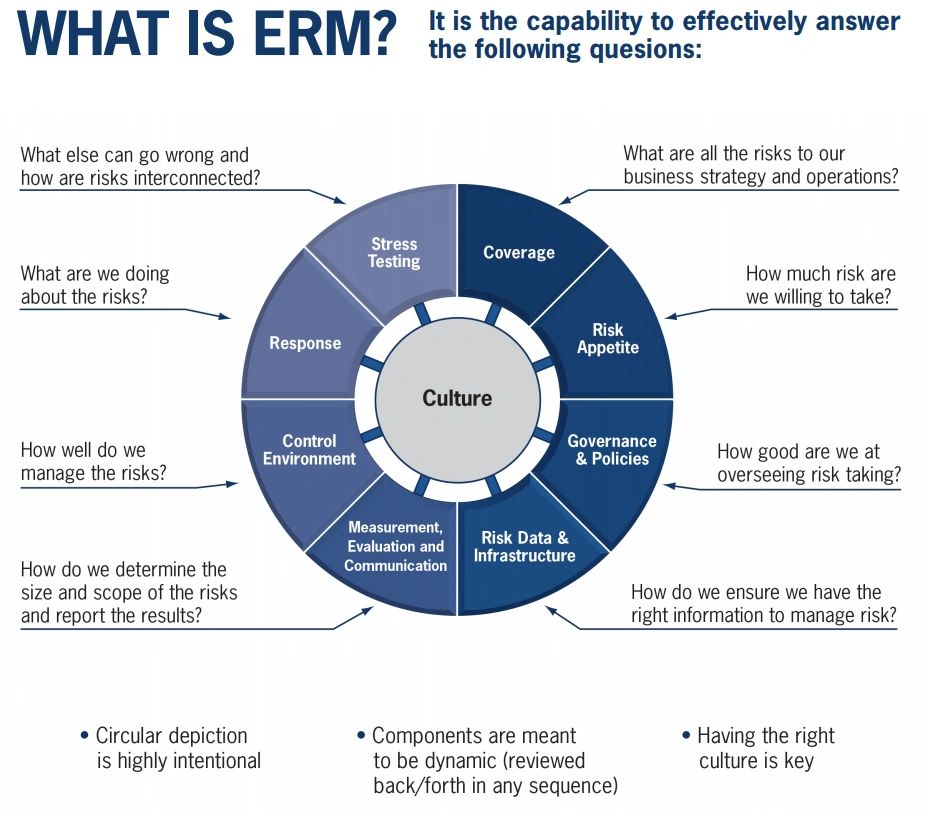Insider threats introduce a straightforward method to strengthen systems
Wiki Article
Discover the Function of AI in Promoting Ethics and Stability to Fight Expert Threats Properly
The assimilation of AI in business structures has actually become crucial in addressing expert dangers. By utilizing advanced analytics and real-time surveillance, AI systems can recognize inconsistencies from honest habits amongst staff members (Insider threats). This positive approach not just improves conformity yet likewise fosters a setting of count on. As firms significantly count on these technologies, inquiries occur about their performance and potential implications for workplace society. What exists ahead in the advancement of AI's duty in advertising stability?Comprehending Insider Dangers and Their Influence On Organizations
Organizations commonly focus on outside hazards, insider dangers pose a considerable threat that can undermine safety and honesty. These threats emerge from people within the company, such as employees or service providers, who may misuse their accessibility to delicate details for personal gain or malicious intent. The effect of expert threats can be serious, leading to monetary losses, reputational damages, and legal implications.Factors adding to expert threats consist of frustration with the workplace, lack of oversight, and inadequate employee training on protection methods. Organizations often have a hard time to recognize these hazards, as they can be hard to detect until significant damage has occurred. Prevention strategies must concentrate on cultivating a society of depend on and responsibility, together with carrying out robust monitoring and reporting systems. By acknowledging and dealing with the complexities of insider threats, companies can boost their safety stance and protect their valuable assets from internal risks.
The Evolution of AI in Workplace Safety And Security
As organizations increasingly face diverse safety difficulties, the assimilation of expert system (AI) in office protection has actually progressed significantly. Initially, AI applications concentrated mainly on automating basic protection protocols, such as accessibility control and monitoring. Nevertheless, developments in machine discovering and information analytics have changed AI right into a proactive device with the ability of identifying prospective hazards and vulnerabilities in real-time.Organizations currently leverage AI-driven systems to evaluate huge quantities of information, allowing them to discover strange behavior that may suggest expert hazards. This development has brought about the development of advanced formulas that can pick up from historical incidents, improving the system's predictive abilities. On top of that, AI devices are significantly made use of to improve event reaction processes, enabling protection teams to act swiftly and effectively.
How AI Monitors Worker Behavior for Ethical Conformity
Expert system plays an essential role in monitoring employee actions to assure ethical compliance within companies. AI systems assess substantial quantities of information produced by workers, including communications, transactions, and access to delicate information. By employing innovative formulas, these systems can recognize inconsistencies from developed ethical criteria and business policies.Machine knowing models continually adjust to identify patterns of habits that might suggest moral violations, such as unauthorized information access or uncommon transaction tasks. Insider threats. In addition, AI-driven tools can give real-time signals to management, assisting in prompt interventions when possible dangers are spotted
The assimilation of AI into conformity monitoring not only improves the organization's capacity to support honesty however additionally fosters a society of responsibility among staff members. By promoting openness, AI systems serve as a deterrent against dishonest actions, making sure that employees stay straightened with ethical requirements and organizational worths.
Examining Patterns: Identifying Risky Actions With AI
A growing number of organizations are leveraging AI to examine patterns that might indicate risky behavior among staff members. By making use of innovative formulas, these systems can filter via huge quantities of information, determining abnormalities in individual habits that might recommend possible insider dangers. For example, AI can spot unusual accessibility patterns to delicate info, such as employees accessing data outside their usual extent of job or during irregular hours. In addition, behavior analytics can highlight frequent changes in a staff member's interaction style or cooperation routines, which may signify underlying concerns. This positive strategy allows organizations to determine danger factors prior to they escalate into significant dangers. The integration of AI right into monitoring methods not just enhances safety yet also cultivates a culture of responsibility and honest actions. By determining these patterns, companies can much better understand the behavioral characteristics within their labor force, ultimately promoting a much safer and a lot more moral work atmosphere.
Real-Time Insights: Immediate Feedbacks to Potential Risks
Real-time understandings via predictive analytics and automated alert systems play an essential function in attending to possible hazards to ethics and stability. By leveraging these modern technologies, organizations can anticipate risky habits and respond immediately to minimize threats. This proactive method improves responsibility and promotes a culture of stability in different settings.Anticipating Analytics Applications

Automated Alert Solutions
Anticipating analytics offers a structure for companies to enhance their responsiveness to ethical problems through automated sharp systems. These systems utilize real-time information to monitor activities, finding abnormalities that might signify potential insider risks. By leveraging maker understanding formulas, automated alerts can identify patterns of behavior that deviate from established standards, permitting speedy treatment. This immediacy is crucial in mitigating threats linked with underhanded techniques. Automated alert systems can streamline communication amongst appropriate stakeholders, making sure that potential threats are resolved without delay and properly. As companies progressively depend on AI-driven services, the integration of automated sharp systems will certainly play a crucial function in cultivating a society of ethics and page stability, inevitably securing organizational assets.index
Promoting a Society of Count On With AI-Driven Transparency
AI-driven transparency can considerably enhance trust within companies by promoting responsibility and open communication. With real-time monitoring options, stakeholders can acquire understandings into processes and decision-making, cultivating a culture of honesty. Data-driven decision-making even more sustains this transparency, enabling notified choices that line up with ethical requirements.Enhancing Openness and Accountability
Exactly how can companies efficiently cultivate a culture of count on? By improving openness and responsibility via the strategic use expert system. AI can assist companies methodically track decision-making processes, making sure that activities straighten with well established moral standards. This transparency permits staff members to see the rationale behind policies and choices, decreasing obscurity and cultivating a sense of fairness. In addition, AI-driven devices can promote clear interaction regarding expectations and responsibilities, empowering individuals to take possession of their actions. As liability comes to be ingrained in the organizational society, workers are most likely to take part in moral habits, understanding their activities are checked and evaluated. Inevitably, this approach cultivates an environment where count on can thrive, substantially mitigating the risk of insider threats.Real-Time Monitoring Solutions
As organizations progressively look for to promote a culture of trust fund, real-time surveillance solutions become a critical tool in enhancing openness. These AI-driven systems constantly track activities, providing understandings right into individual actions and potential abnormalities that may show insider threats. By applying such surveillance options, organizations can proactively determine risks, making sure prompt reactions to dubious tasks. This not only safeguards delicate info yet also enhances a commitment to ethical techniques. The clear nature of real-time tracking assists build worker self-confidence, as people are aware that their actions are being observed for the better good. imp source Ultimately, these remedies offer to cultivate a workplace environment grounded in trust, accountability, and honest honesty, necessary for reducing insider threats effectively.
Data-Driven Choice Making
Real-time tracking remedies prepared for data-driven decision production, which substantially boosts business transparency. By leveraging AI technologies, companies can evaluate substantial quantities of information to determine abnormalities and patterns a sign of prospective expert hazards. This analytical method enables stakeholders to make educated choices based in empirical evidence, fostering a society of trust amongst employees. Transparency in decision-making procedures, reinforced by AI-driven understandings, urges responsibility and ethical behavior. Additionally, it enables companies to proactively resolve susceptabilities, guaranteeing that actions taken are justified and interacted plainly. As an outcome, the execution of data-driven strategies not just alleviates dangers associated with expert risks yet also strengthens the values of honesty and moral conduct within the business framework.Future Patterns: The Role of AI in Enhancing Office Ethics
While organizations progressively turn to man-made intelligence for operational effectiveness, the possibility of AI to improve office ethics is getting prestige. Future fads indicate that AI will certainly play an essential role in developing honest structures and guidelines, permitting organizations to navigate intricate moral problems. By analyzing substantial amounts of information, AI can determine patterns of unethical habits and give insights that promote openness and liability.AI-driven tools can help with real-time monitoring of staff member communications, assuring adherence to honest criteria. This proactive method not just alleviates expert threats yet additionally grows a society of stability. As organizations welcome AI technologies, they should also focus on moral programs and mathematical prejudice decrease to guarantee justness.
In this advancing landscape, the combination of AI in honest practices stands for a transformative shift, fostering an environment where stability is not simply expected yet methodically enhanced.
Frequently Asked Questions
How Does AI Differentiate In Between Benign and Malicious Actions?
AI distinguishes between benign and harmful actions by assessing patterns in user behavior, employing equipment understanding algorithms to determine abnormalities, and reviewing contextual data to figure out whether actions line up with established standards or display prospective hazards.Can AI Devices Replace Human Judgment in Ethical Decision-Making?
AI devices can not completely replace human judgment in ethical decision-making. While they can examine information and recognize patterns, the nuanced understanding of context, values, and ethical implications still requires human insight and discernment.What Are the Personal Privacy Implications of AI Monitoring Staff Member Behavior?

How Can Organizations Ensure AI Algorithms Are Fairly Developed?
Organizations can guarantee AI algorithms are morally created by implementing transparent development procedures, involving varied stakeholders, carrying out normal audits, and adhering to established moral frameworks that prioritize justness, liability, and respect for user personal privacy and rights.What Training Is Required for Team to Comprehend Ai's Moral Role?
Staff training need to encompass foundational AI principles, data personal privacy, and predisposition awareness. Workshops, study, and interactive sessions can enhance understanding, guaranteeing workers acknowledge AI's ethical ramifications and its function in fostering integrity within the organization.
Synthetic intelligence plays a necessary duty in checking worker habits to ensure ethical conformity within companies. The assimilation of AI into keeping track of techniques not only improves security yet likewise cultivates a culture of responsibility and honest actions. While companies progressively face ethical dilemmas and possible stability violations, predictive analytics applications use timely understandings that can assist alleviate these threats. Anticipating analytics provides a structure for companies to boost their responsiveness to honest problems with automated alert systems. Future fads suggest that AI will certainly play an important role in creating honest frameworks and guidelines, allowing organizations to browse complex moral issues.
Report this wiki page